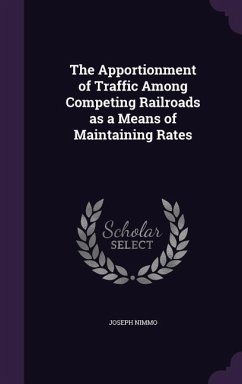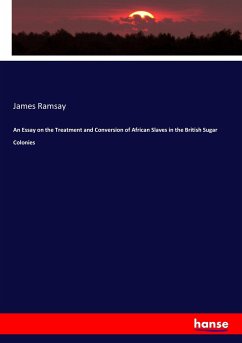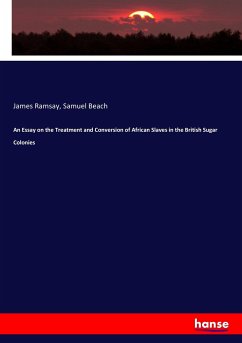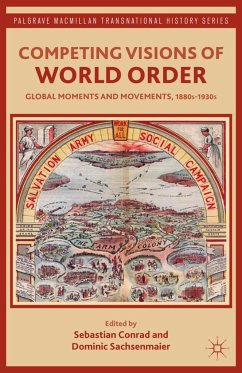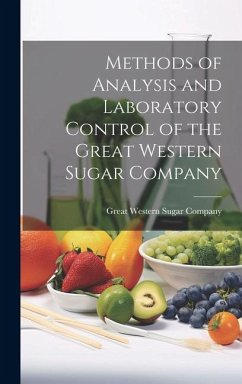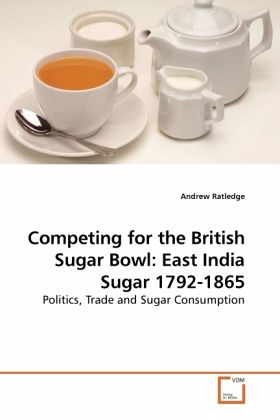
Competing for the British Sugar Bowl: East India Sugar 1792-1865
Politics, Trade and Sugar Consumption
Versandkostenfrei!
Versandfertig in 6-10 Tagen
52,99 €
inkl. MwSt.

PAYBACK Punkte
26 °P sammeln!
The story of East India sugar begins with the rivalry between the two Indies and the attempts by the E.I.Co to involve Europeans in sugar production in India. These were unsuccessful as was their imposition of European ideas on the mercantile and the agricultural mores of the sub-continent. After the equalization of duties in 1836 a second and much larger phase of European involvement in sugar production occurred in Bengal and Madras c. 1840-46 when the latest sugar processing technology was installed. Competition between the indigenous and European sectors for the raw sugar saw a gradual rise...
The story of East India sugar begins with the rivalry between the two Indies and the attempts by the E.I.Co to involve Europeans in sugar production in India. These were unsuccessful as was their imposition of European ideas on the mercantile and the agricultural mores of the sub-continent. After the equalization of duties in 1836 a second and much larger phase of European involvement in sugar production occurred in Bengal and Madras c. 1840-46 when the latest sugar processing technology was installed. Competition between the indigenous and European sectors for the raw sugar saw a gradual rise in price until the European s profit margins were reduced. Changes to sugar legislation in Britain in the 1840s, caused consternation among the British merchants. The demise of the British owned sugar industry and a falling away of exports of indigenous sugar to the UK market, 1850-54 is frequently said to be due to the Sugar Act of 1846. This book does not see this single act as the cause of decline of Indian sugar to Britain. Many other factors were present.




